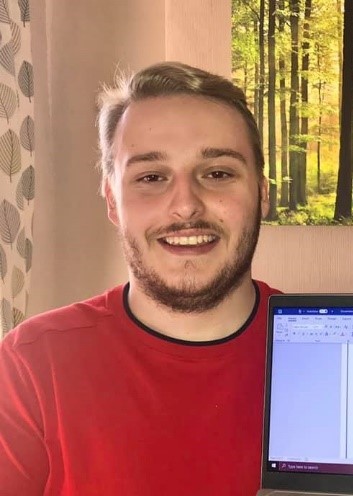The failure of LGBT+ individuals to report instances of homo/bi/transphobia persists despite significant advances in legislature and anti-homophobia policing initiatives. Whilst seminal research has been conducted in the Manchester Gay Village as a primary site for LGBT+ interactions and its associated dangers, this research is dated and fails to appropriately conceptualise the entwined experiences of physical and online homo/bi/transphobia. Online social space, a crucial tool for young LGBT+ individuals, has illustrated the potential to influence perceptions of safety in physical LGBT+ social spaces through discussions of homo/bi/transphobia that would have otherwise only occurred resulting from direct experience. Moreover, this research does not address the relationship of the LGBT+ community with Greater Manchester Police (GMP), who have faced scrutiny for their treatment of LGBT+ communities despite leading in the creation of anti-homophobia initiatives.
Because of my lived experience as a bisexual man from Manchester, this research adopts a unique victim-orientated approach through the lens of the ideal victim to assess whether GMP’s policing of night-time economies and online hate crimes reflects the needs of the 16-25-year-old LGBT+ community in Greater Manchester. Furthermore, it will address whether perceptions of GMP, and their own victimhood, are preventing young LGBT+ individuals from reporting instances of homo/bi/transphobia. A mixed methods approach will be utilised to triangulate statistical data with individual narratives and collective understandings using surveys, interviews and focus groups to understand the perceptions and greatest needs of the young LGBT+ community and what GMP need to do to address those perceptions and needs.


